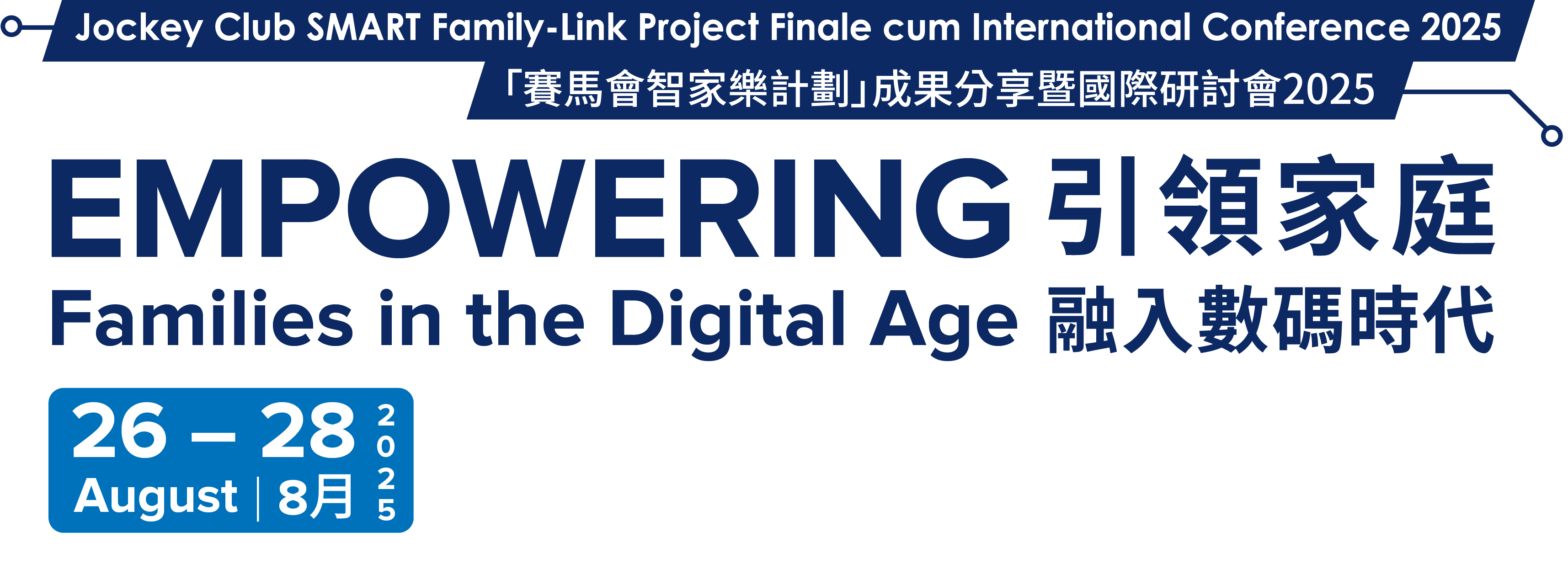

Professor Albert “Skip” Rizzo is a Clinical and Neuro- Psychologist, and Director of the University of Southern California Institute for Creative Technologies Medical VR Lab. He is also a research professor in both the USC Dept. of Psychiatry and in the School of Gerontology. Skip conducts research on the design, development and evaluation of VR systems targeting the areas of clinical assessment, treatment and rehabilitation. In the psychological domain, he has directed the development/implementation of the Virtual Iraq/Afghanistan VR exposure therapy system for combat-related PTSD and is involved in translating these simulation assets for PTSD assessment and prevention (stress resilience). His cognitive work has addressed the use of VR applications to test and train cognitive functioning. In the motor domain, he develops VR game-based applications to promote rehabilitation in persons with CNS dysfunction (e.g., stroke and TBI). He is also involved in the creation of artificially intelligent virtual human patients for clinical training and for creating online virtual human healthcare guides for breaking down barriers to care in psychological health and TBI. In 2010, he received the American Psychological Association Award for Outstanding Contributions to the Practice of Trauma Psychology for his R&D work on VR exposure therapy for PTS and in 2015 he received the Society for Brain Mapping and Therapeutics “Pioneer in Medicine” award. He also received the 2019 American Psychological Association Society for Military Psychology Presidential Citation for his trauma work and was recently awarded the 2020 International Society for Traumatic Stress Studies Innovation Award and 2023 IEEE Computer Society VR Lifetime Achievement Award. In his spare time, he plays rugby, listens to music, rides his motorcycle and thinks about new ways that VR can have a positive impact on clinical care by dragging the field of psychology, kickin’ and screamin’, into the 21st Century.
To view some videos on his work, please visit this YouTube channel: https://www.youtube.com/user/AlbertSkipRizzo/videos?view_as=subscriber
Since the mid-1990s, a substantial body of scientific literature has emerged on the outcomes associated with what we now call Clinical Virtual Reality (VR). This use of VR simulation technology has produced encouraging results when applied to address the cognitive, psychological, motor, and functional impairments seen across a wide range of clinical health conditions. This presentation will provide a brief description of the various forms of VR technology and describe the trajectory of Clinical VR over the last 30 years as a tool in the assessment and treatment of anxiety disorders, PTSD, pain management, autism, ADHD, and in the rehabilitation of stroke, brain injury, and other neurologically-based conditions. The presentation will also include some discussion of the advances in Virtual Human (VH) and Conversational AI technology for clinical training, healthcare coaching, and clinical interviewing. While much research is still needed to advance the science in this area, the current state of the literature is positive, and technological advances have reduced the costs and complexity of delivering this type of care in everyday practice. I will argue that Clinical VR/VH applications are set to become indispensable tools in the toolbox of healthcare researchers and practitioners, growing in relevance, impact, and popularity in the near future.
Objectives:
· The learner will be able to describe the definition of Virtual Reality (VR) and the different ways that people can engage and interact with VR environments.
· The learner will be able to explain the specific rationales for the use of VR for assessment and intervention across a wide range of clinical disorders (i.e., ADHD, PTSD, Alzheimer's, Phobias, Stroke, addictions, etc.). Additionally, the learner will understand the theoretical and research support for the use of VR in clinical populations.
· The learner will be able to understand the relevant issues involved in the informed and ethical design, development, implementation, and evaluation of virtual environments, artificial intelligence, and virtual humans for use in clinical assessment and intervention.
This talk will be helpful for people who are just now learning about VR and want to know how it can be usefully applied in the pro-social area of healthcare, beyond just gaming and entertainment applications. Experts in either VR or healthcare will get an informed perspective on the state of the science moving into the future.

Research Professor,
Department of Psychiatry and Davis School of Gerontology,
Director of Medical Virtual Reality,
Institute for Creative Technologies,
University of Southern California, United States
JOIN ONLINE